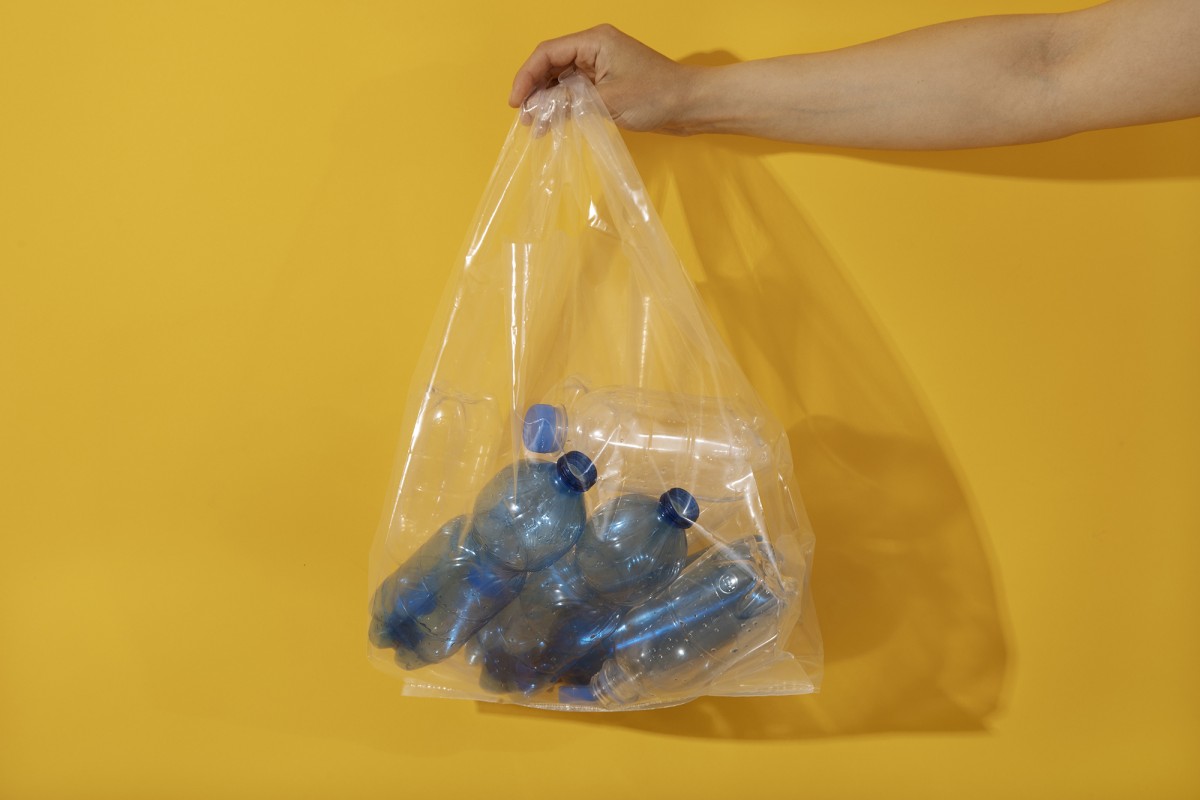The Impact of England’s 5p Plastic Bag Tax After One Year

It’s now been a whole year since the government brought in a new law requiring large shops in England to charge 5p for single-use plastic carrier bags.
The 5p bag tax, as it has been dubbed, was introduced as a measure to lessen the impact of supermarket plastic bags on the environment, reducing the amount of litter and pollution by encouraging shoppers to bring their own bags to carry their shopping home.
Although the legislation affects all large shops, retailers who have 250 or more employees, there are some exemptions including airport shops, paper bags and bags which only contain items like raw meat, unwrapped food and prescription medicines.
England was the last country in the UK to introduce the charge, with Wales (2011), Northern Ireland (2013) and Scotland (2014) all launching successful policies to encourage people to re-use shopping bags.
After an initial phase of uncertainty from customers, including supermarkets reporting a huge increase in basket thefts from people avoiding paying the levy, the general consensus seems to be that the charge’s introduction in England has been a success.
- Wales introduced a similar scheme in October 2011 and reduced single-use bag use by around 70%
- Northern Ireland followed suit in April 2013 with a reduction of 72%
- Scotland was next in October 2014 with a reduction of roughly 80%
- England has seen a reduction of around 85% in the last year
Although the plastic bag charge is seemingly doing its job by reducing plastic bag use and raising millions for charity the momentum behind the campaign is still carrying the issue of recycling forward, with the Liberal Democrats recently suggesting a 5p charge on disposable coffee cups.
In addition, the discount retailer Lidl has announced that it will soon no longer offer 5p bags to customers, opting to sell thicker re-usable bags for 9p instead to “demonstrate its commitment to reducing unnecessary plastic waste and strongly discouraging consumers from a single use, throw-away mind-set”.
Whilst re-using shopping bags is having a positive effect on the environment, it is important to remember that there is a risk of food poisoning from bacteria like Campylobacter and E. coli being transferred from raw meat and poultry packaging or raw root vegetables onto other food items and ready to eat food.
As Campylobacter, which causes more gastro-intestinal illness that any other bug, has been found to be present on around 7% of chicken packaging and can live on the surface of a bag for up to 8 weeks, it’s important to ensure that you keep some bags for use exclusively for raw meat and fish and pack separately from other foods.
You can also use an antimicrobial bag for life which inhibits the build up of bacteria between shopping trips and are available from most supermarkets.
← Back to blog
